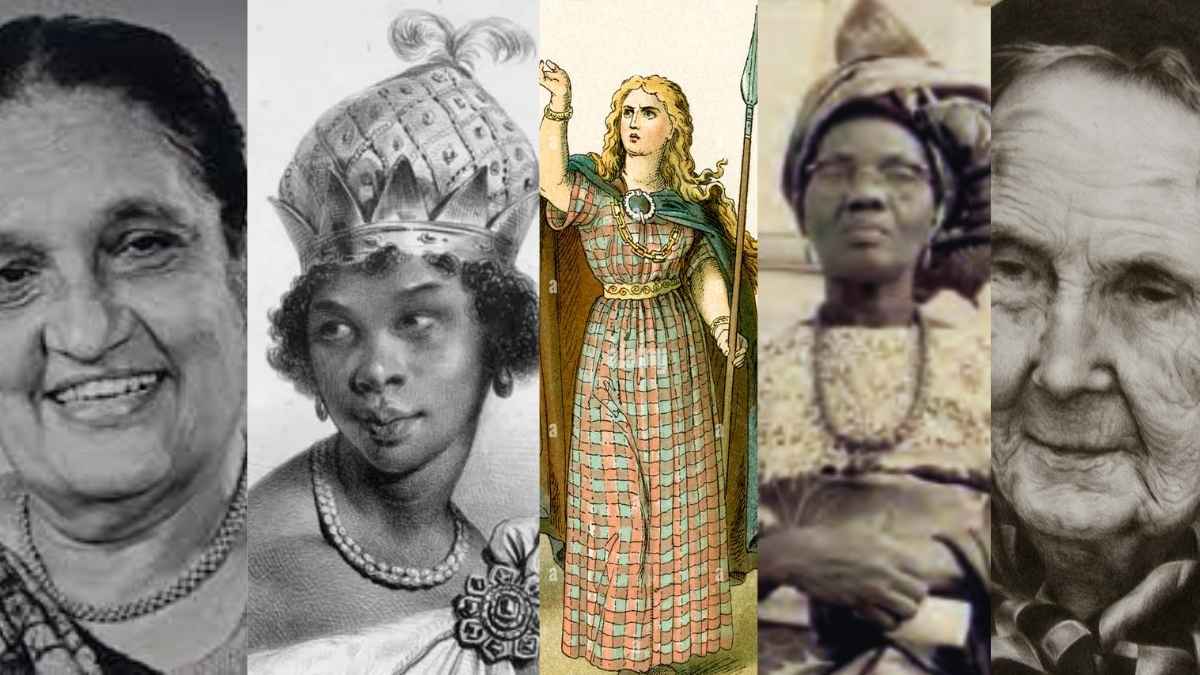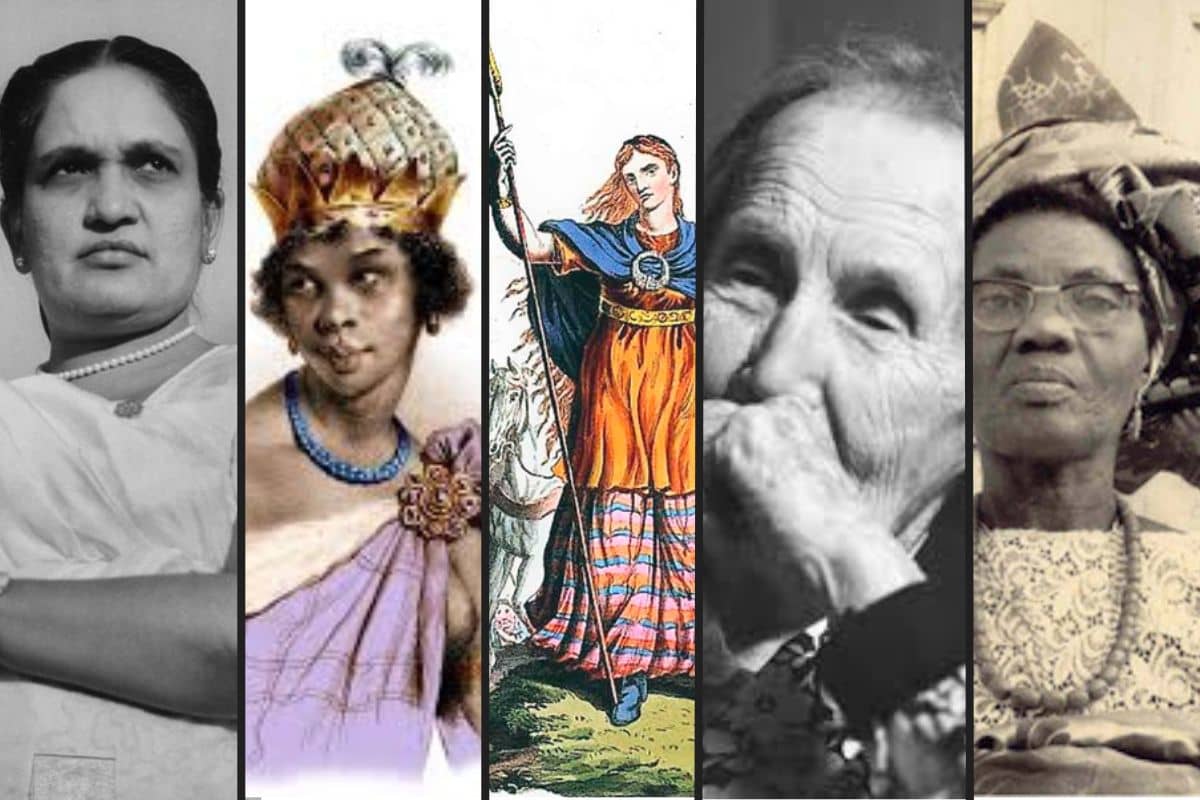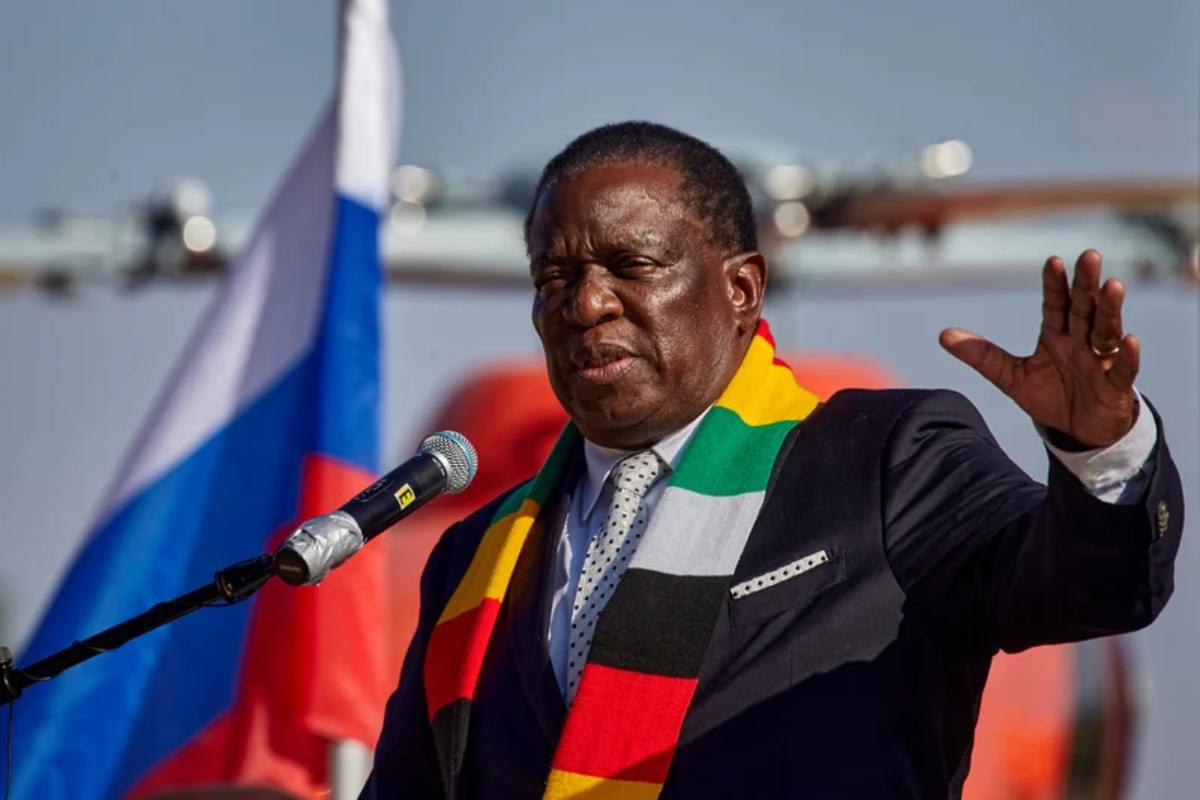As the world increasingly recognizes the contributions of women throughout history, it’s essential to shed light on the female leaders who shaped society but whose stories often remain underrepresented. While some figures, like Cleopatra and Marie Curie, are celebrated in textbooks and documentaries, many equally remarkable women have remained in the shadows. Their achievements, leadership, and enduring legacies have profoundly impacted the world, though they may not have received the same recognition.
In this article, we explore the lives of five lesser-known female leaders who defied social norms, led nations, and inspired generations. Through their resilience, intellect, and courage, these women made lasting contributions that resonate today. Let’s explore their personal stories, challenges, and the broader significance of their leadership.
1. Sirimavo Bandaranaike – The World’s First Female Prime Minister
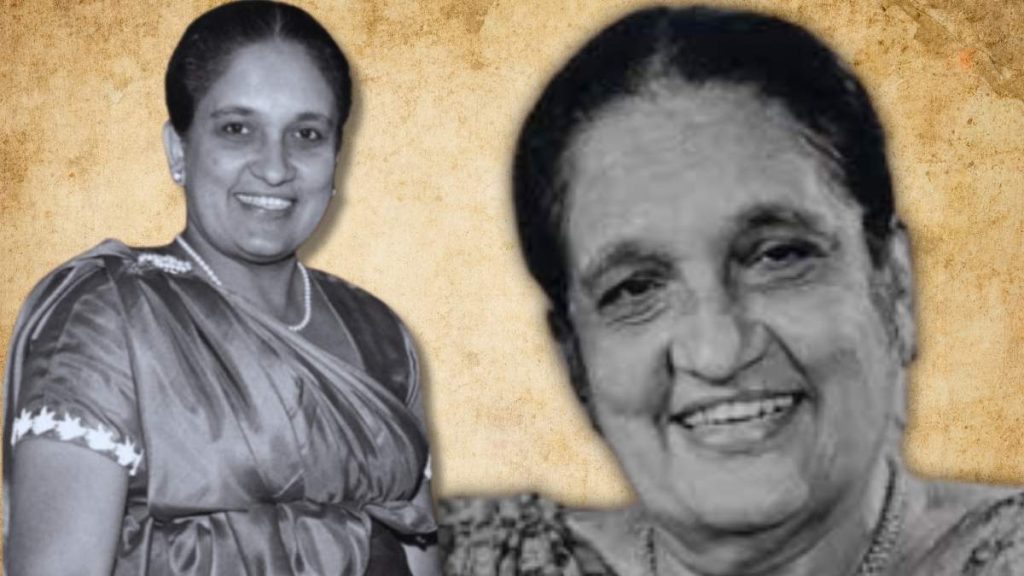
Early Life and Background:
Born in 1916 in British-controlled Ceylon (now Sri Lanka), Sirimavo Bandaranaike hailed from an aristocratic family. She was thrust into the political arena after the assassination of her husband, Solomon Bandaranaike, who was the Prime Minister of Ceylon at the time. With no prior political experience, she was elected as leader of her husband’s party and, in 1960, became the world’s first female prime minister.
Significant Accomplishments and Obstacles Faced:
Bandaranaike’s leadership was groundbreaking not only because of her gender but also due to her commitment to socialist policies. She pursued land reforms, nationalized key industries, and promoted welfare programs to reduce poverty. However, her leadership was not without challenges—facing criticism from conservative factions for her gender, economic instability, and attempts at balancing Cold War-era geopolitics, she had to walk a tightrope between internal reform and international diplomacy.
Historical and Cultural Context
Her rise to power in the post-colonial era was significant. In a time when women were often sidelined in politics, her success as a leader demonstrated that women could take the helm in national governance, even in traditionally patriarchal societies.
Long-term Impact
Sirimavo Bandaranaike paved the way for future female politicians, both in Sri Lanka and around the world. Her legacy continues to inspire discussions on women’s roles in leadership, particularly in South Asia.
2. Nzinga Mbande – The Warrior Queen of Ndongo and Matamba
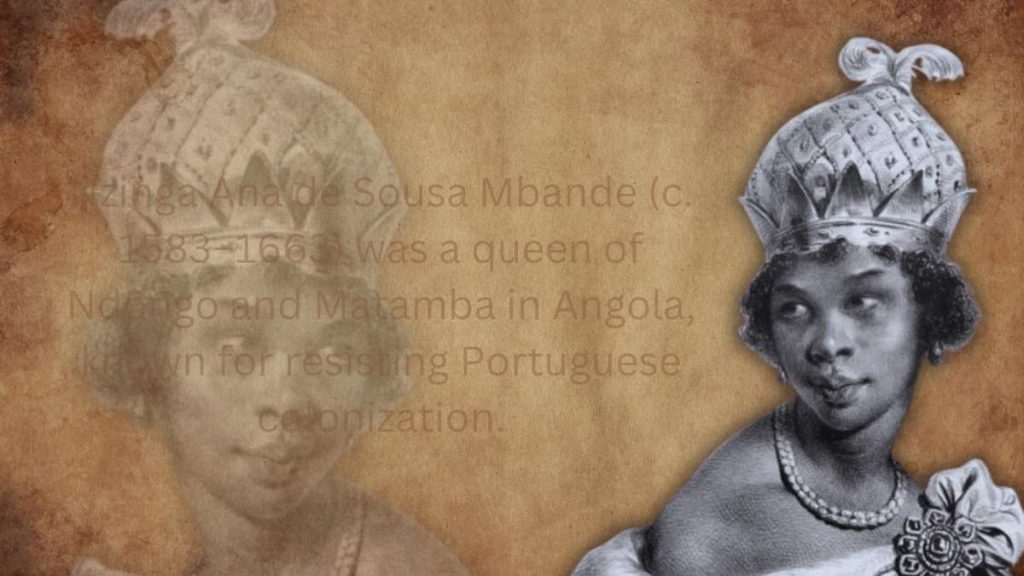
Early Life and Background
Nzinga Mbande was born in 1583 in what is now Angola into the royal family of Ndongo. She ascended to power during a period of intense conflict, as Portuguese colonizers sought control over the region for its wealth in enslaved people and resources. Nzinga was not only a skilled diplomat but also a fierce military leader.
Significant Accomplishments and Obstacles Faced
Nzinga is best remembered for her unyielding resistance to Portuguese encroachment. She led her people in battles against the Portuguese and other African rivals for decades, maintaining her kingdom’s sovereignty. Nzinga’s ability to forge alliances with other African kingdoms, adopt military tactics, and even convert to Christianity to manipulate diplomatic relations with Portugal was strategic and visionary.
Historical and Cultural Context
Nzinga’s reign unfolded during one of the most tumultuous periods of African history—the transatlantic slave trade. Her leadership symbolized the resistance to European colonization and exploitation. In a male-dominated warrior culture, Nzinga’s authority as a female ruler further defied the expectations of her time.
Long-term Impact
Nzinga remains a symbol of African resistance against colonialism. Her story is celebrated throughout Angola and the African diaspora as a powerful example of female leadership, autonomy, and resistance.
3. Boudica – The Celtic Queen Who Led a Revolt Against Rome
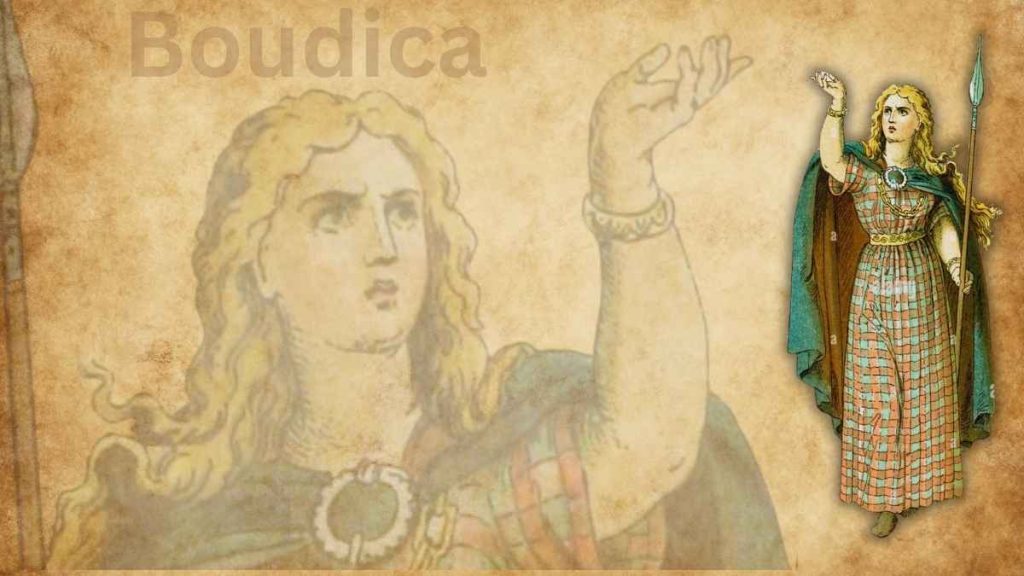
Early Life and Background
Boudica, a queen of the Iceni tribe in Roman-occupied Britain, lived during the first century AD. Little is known about her early life, but after the death of her husband, who had been an ally of Rome, the Romans brutally mistreated her and her daughters. This injustice sparked Boudica’s resolve to rebel.
Significant Accomplishments and Obstacles Faced
Boudica led one of the most significant revolts against the Roman Empire, rallying several British tribes to fight for their freedom. In a massive uprising, she and her army successfully destroyed key Roman settlements, including the city of Londinium (modern-day London). However, despite initial victories, her rebellion was ultimately quashed by the better-organized Roman forces.
Historical and Cultural Context
Boudica’s revolt occurred when Roman control over Britain was still established, and the empire viewed her uprising as a significant threat. Her leadership challenged the belief that women could not command armies or lead large-scale political movements.
Long-term Impact
Boudica’s legacy lives on as a symbol of resistance against oppression. In British culture, she is often invoked as an icon of defiance and courage, and her story continues to inspire depictions of female strength in historical and popular narratives.
4. Alicia Moreau de Justo – Argentine Socialist and Women’s Rights Activist
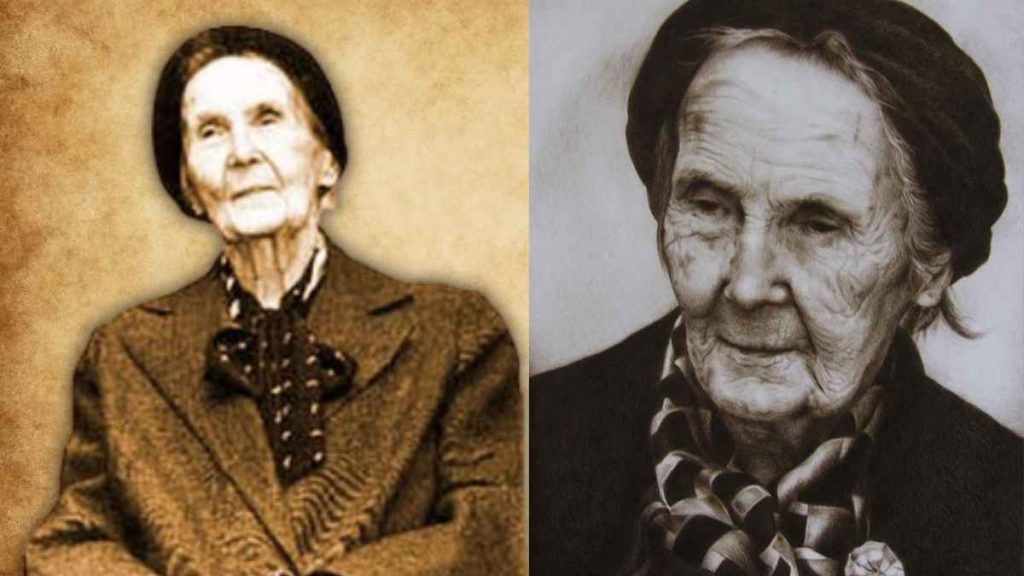
Early Life and Background
Born in 1885 in London to Argentine parents, Alicia Moreau de Justo moved to Argentina as a child. Growing up in a politically active household, she developed a passion for social justice and became one of Argentina’s first female physicians. Her involvement in socialist movements and women’s rights shaped her political and social career.
Significant Accomplishments and Obstacles Faced:
Moreau de Justo worked to improve public health as a physician, but her contributions extended far beyond medicine. She was instrumental in founding Argentina’s Socialist Party and advocated for gender equality, labour rights, and suffrage. She faced significant opposition in a male-dominated political landscape, where her socialist beliefs and activism for women’s suffrage were considered radical.
Historical and Cultural Context
In the early 20th century, Argentina underwent significant political shifts, with socialism gaining momentum. Moreau de Justo’s activism for women’s rights came at a time when suffrage and women’s political participation were hotly contested issues.
Long-term Impact
Alicia Moreau de Justo’s activism laid the groundwork for women’s rights in Argentina. Her tireless efforts in the labour and suffrage movements earned her a lasting place in Argentine history as one of the country’s most influential feminist pioneers.
5. Funmilayo Ransome-Kuti – Nigerian Women’s Rights Advocate and Political Leader
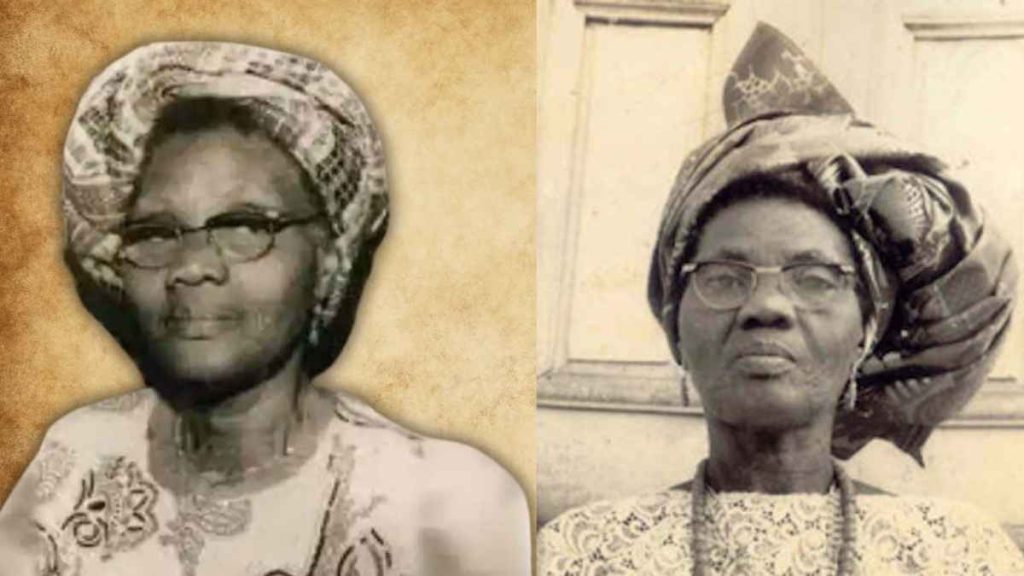
Early Life and Background
Born in 1900 in Nigeria, Funmilayo Ransome-Kuti was a teacher, politician, and women’s rights activist. She was one of the first women in Nigeria to drive a car, reflecting her progressive views on women’s independence.
Significant Accomplishments and Obstacles Faced:
Ransome-Kuti founded the Abeokuta Women’s Union, one of Nigeria’s most significant women’s organizations. She led protests against British colonial taxation policies that disproportionately affected women and spearheaded campaigns for women’s rights, education, and political participation.
Historical and Cultural Context
Her activism emerged in Nigeria under British colonial rule, where women had little political power. Ransome-Kuti’s efforts helped mobilize thousands of women in the fight against both colonialism and patriarchy.
Long-term Impact:
Ransome-Kuti is regarded as one of Nigeria’s most influential political figures. Her work on women’s rights, particularly in mobilizing women politically, helped shape the country’s independence movement and inspired future activists.
These five remarkable women—Sirimavo Bandaranaike, Nzinga Mbande, Boudica, Alicia Moreau de Justo, and Funmilayo Ransome-Kuti—each forged their paths through periods of great upheaval and change. Their leadership, determination, and resilience helped shape the societies they lived in and left lasting legacies that continue to inspire us today.
While their stories may not always be at the forefront of historical narratives, they remind us that history is filled with extraordinary women whose contributions deserve recognition. We better understand the forces shaping our world by diving deeper into their legacies.
Ready for the Final Step? Dive Even Deeper into Leadership Mastery!
You’ve explored the powerful stories of history’s great leaders and their incredible journeys. Now, it’s time to take a step further. Please read our latest blog, which uncovers the key strategies and leadership traits that shaped their legacy and continue to inspire modern leaders.
In this exclusive content, you’ll:
- Discover actionable leadership lessons from their successes and setbacks
- Gain insights that you can apply to your leadership journey
- Uncover the final chapters that cemented their place in history
Continue Your Journey with Us!
Click here to access our advanced insights and unlock the leadership secrets of these extraordinary figures. Ready to lead with impact? Let’s get started!

